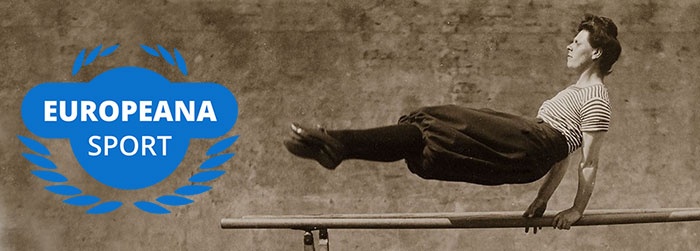Traditional games have played a part of Portuguese children’s education for generations, a valuable part of cultural and social heritage.
Traditional games have played a part of Portuguese children’s education for generations, a valuable part of cultural and social heritage.
Throughout its history, sport in Portugal has seen several influences, mainly based on militarism, gymnastics and health.
Due to the dictatorship in Portugal up until 1974, sport underwent several changes - both political and social. At the time, Mocidade Portuguesa - Portuguese youth organisations with a military character - were intended to separate children, younger men and women to not allow interaction between them. Currently in Portugal, this no longer happens with children of all ages and genders involved in sport.
Traditional Portuguese games play a fundamental role in children's lives. They were designed so that children playing them will develop skills, such as: cooperating in game play, following guidelines and rules, mastering movements and gaining knowledge of how games are won and lost.
By playing traditional games, children also develop physical, intellectual, emotional and affective skills.
There are several traditional games in Portugal, including Cat and Mouse, Target Shooting, Elastic Jumping, Bag Racing, Blind Goat.
In The Blind Goat game, one of the players is designated as the ‘blind goat’ - blindfolded and trying to catch the other players who are in a circle around the goat. The player caught by the goat then becomes the ‘blind goat’.
Other traditional games that are also very popular in Portugal are the Toothpick game, Handkerchief game, skipping rope game, hoop game, the Rooster, spoon With potato, game of chairs, rope in the line, game of mesh.
In the game of mesh, players throwing metal discs or stones towards a pin or a stick placed at a certain distance, aiming to knock over the pin or land the discs as close as possible to it. It is a traditional game widely played in several towns in Portugal, either with two players competing against each other or with double (two against two) or larger teams.
Traditional games are part of the first cycle of basic education in Portugal, taught in Physical Education classes. Lessons are designed to make students aware of the importance of the learning process, as well as of the knowledge of the playful culture of their parents' generation.
These lessons are important in providing students with knowledge of game types, fundamental so they better understand their national game culture. In this sense, traditional games promote physical and cultural learning, as well as encouraging the students to work in teams.
Throughout the world - not solely in Portugal - traditional games should always be present in children's learning, because in addition to promoting their physical, psychological and social development, they provide moments of fun.
For these reasons, playing games is beneficial and contributes to improving both children and adults’ well-being and quality of life. Traditional games are thus shared from generation to generation, as they carry a valuable cultural and social heritage that must be preserved, valuing the past and building a better future - despite the political and social changes that can occur over time.
Share your sport story
Can you help us to tell the story of sport in Europe in the past and the present?
We invite you to tell us about your sport experiences through objects like photographs, memorabilia, equipment or prizes.

